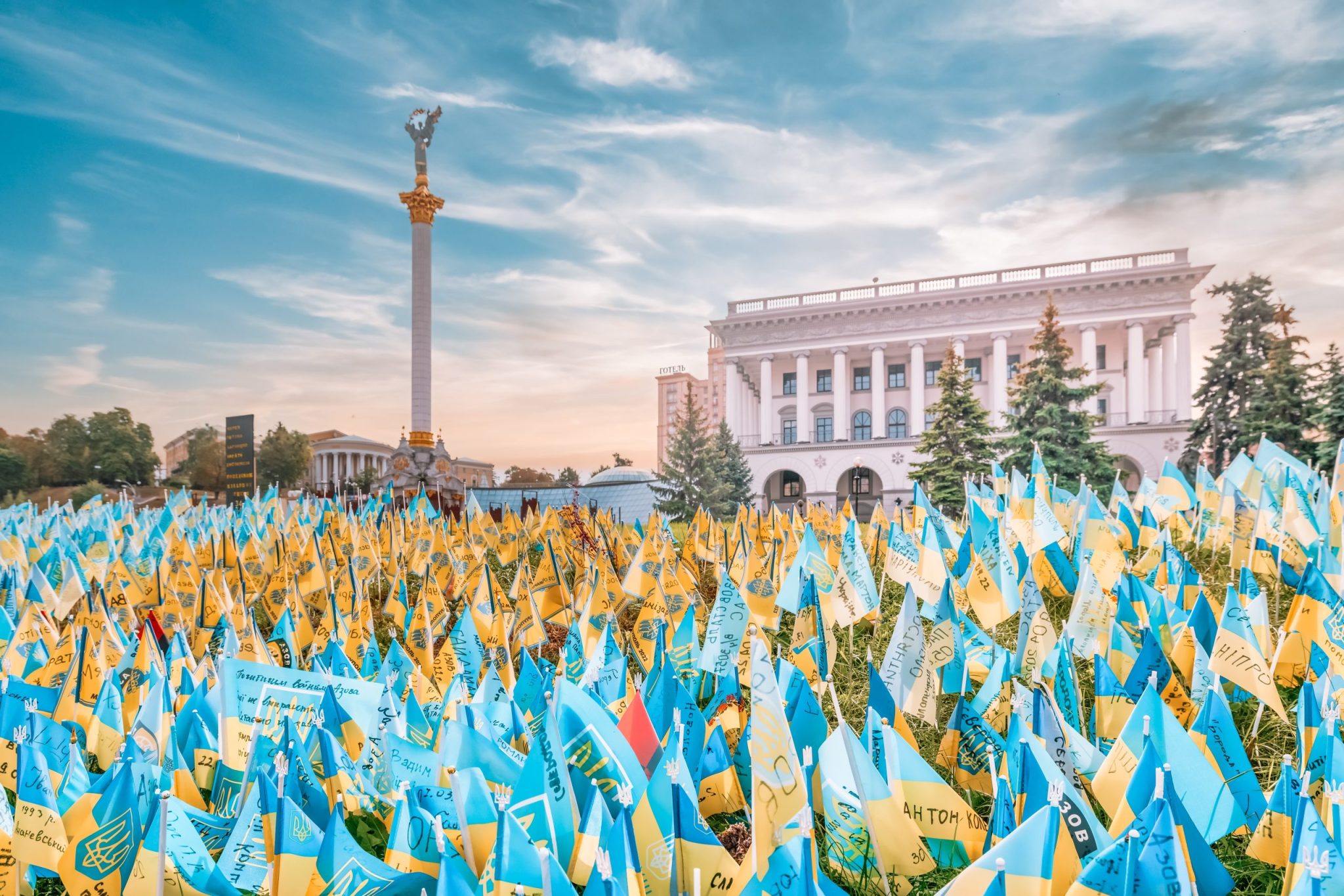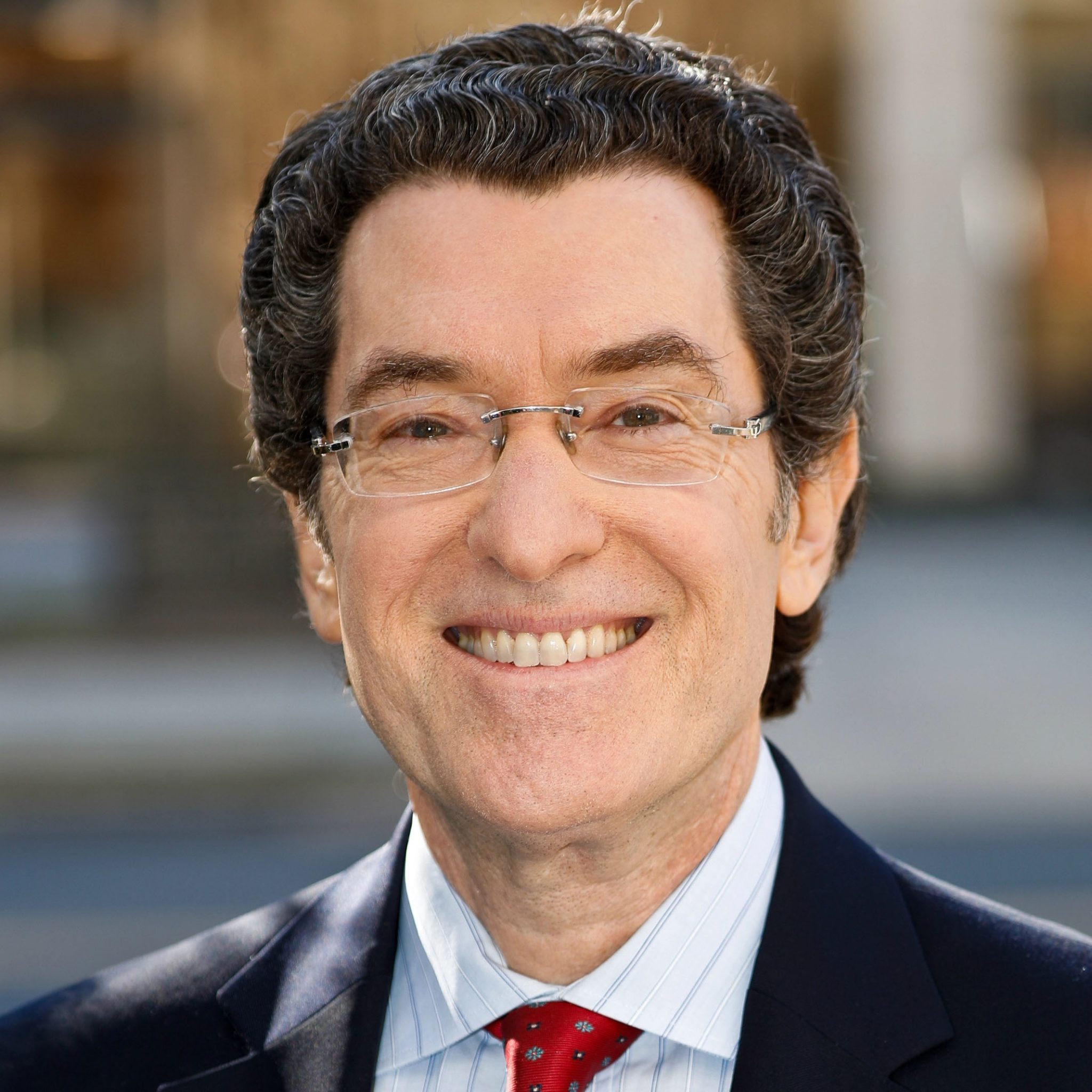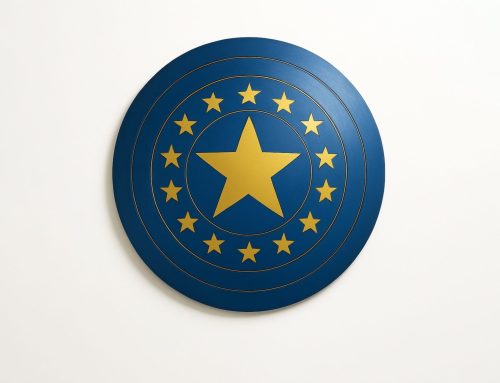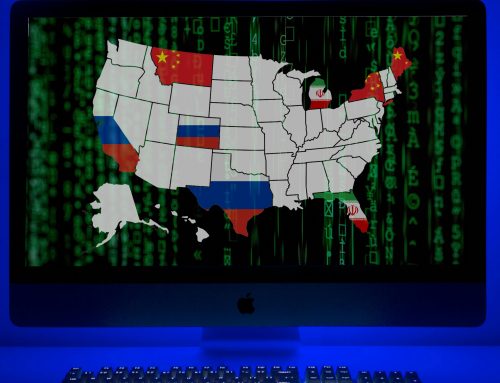Executive Summary
Remarkably, while fighting for their lives against Russian invasion, Ukrainians continue to wage their long internal battle against oligarchy and corruption. Ukraine is midway through this generational struggle, which began on the streets of the Maidan in Kyiv nearly a decade ago. In 2014, after deposing a kleptocratic president whose campaigns were bankrolled by agents of the Kremlin, Ukrainians got to work transforming this post-Soviet oligarchy into a modern European state under the rule of law.
Despite the steepness of that climb, they have never turned back. Ukrainian reformers innovated world-leading transparency systems, established an independent suite of specialized anticorruption agencies, restructured entire economic sectors, and decentralized governance. Voters renewed the anti-corruption mandate through democratic transitions. And when implementation flagged, civil society and foreign partners pressured the government to stay on track. While there remains much work to be done, the progress made in the past decade has been unprecedented. Indeed, it is our view that Kyiv’s momentum against oligarchy motivated Vladimir Putin to launch a full-scale invasion of Ukraine in 2022. That, in turn, cemented Ukrainians’ resolve to free themselves of Russian influence and oligarchic capture as they chart a European future.
Ukrainians’ aspirations to integrate into the Euro-Atlantic community, in combination with the national spirit forged in this brutal war, will continue to anchor Ukraine’s anticorruption journey through the coming decade. Accomplishing the mission will not get any easier, however, as corruption is still entrenched in powerful quarters across all three branches of the Ukrainian government. While Ukraine has improved from a ranking of 142nd of 175 nations in 2014, it currently ranks 116th of 180 nations on Transparency International’s 2022 Corruption Perceptions Index.1 Although Ukraine’s anticorruption systems are working during the war, martial law has set back public transparency. The specialized anti-corruption agencies constantly need additional resources and authorities to shore up their operational independence, but recently they have misused prosecutorial discretion in cases targeting reputable reformers. Some top appointees in the president’s office appear to care more about controlling the judicial system than about advancing reform. And Ukrainian oligarchs are biding their time until after the war to reassert their influence. In the face of those realities, continuing to uproot oligarchy—a critical part of winning the war, rebuilding the country, and preparing for EU accession—will require heavy domestic and foreign support.
Anti-corruption must be central in that support. This issue drove Ukrainians into the streets a decade ago. It has topped voters’ minds in every Ukrainian election since, helped trigger the largest war in Europe since WWII, and is now motivating Ukrainians to win even at enormous cost. Transparency and accountability mechanisms are essential to reassuring Western taxpayers that their wartime aid to Ukraine is safeguarded. They must also be key conditions of the ambitious reconstruction and European modernization that will inspire freedom’s cause globally. Countering corruption is as strategically vital today as the policy of containing communism was in the Cold War.
In this paper, we argue that Ukrainian anticorruption is mission-critical to the integrity and security of the rules-based international order. We recommend concrete steps that each major stakeholder in that order should take this year to support Ukrainian anti-corruption efforts. In sum:
Ukraine: Meet the biggest unmet deliverable in the seven preconditions for EU accession negotiations by reforming the Constitutional Court to empower vetting of judges and limit political influence. Vest the specialized anti-corruption agencies with all needed autonomy, resources, and authorities. Resume asset e-declarations and enact other rule-of-law reforms.
European Union: Invest more in Ukrainian investigative journalism, anti-corruption programming, and independent television news. Deepen cooperation with Ukrainian anti-corruption agencies and allow Ukraine access to more EU anti-corruption programs. Benchmark Ukraine’s advanced level of digitalization to that of EU member states.
United States Congress: Continue appropriating ample security aid without conditions. Condition macro-financial assistance upon the continued delivery of Ukrainian anti-corruption reforms. Codify US interagency coordination of inspectors general (IGs) and establish an international IG fusion cell in Kyiv. Scale up support for anticorruption programming.
G7 Donors: Empower the Multi-agency Donor Coordination Platform to prioritize anti-corruption reform conditionality, oversee the IG fusion cell, and incorporate feedback and advice from a board of Ukrainian civil society experts. Agree that donor agencies and their implementing partners will use Ukraine’s DREAM transparency system.2
Contrary to the disinformation peddled by Kremlin propagandists, Ukraine is not a hopelessly corrupt country. It is a civic nation that is currently winning a historic two-front war against Russia and against corruption—a dual ordeal that is transforming Ukraine in its hero’s journey. But on both fronts, there remain many lands to liberate and enemies to vanquish before victory is assured. There is no greater strategic, political, economic, or moral investment in international peace, security, and prosperity than having Ukraine’s back in this just cause.
- Transparency International Ukraine, CPI-2014, March 12, 2014; Transparency International Ukraine, Corruption Perceptions Index-2022
- DREAM, 2023. https://dream.gov.ua/en







